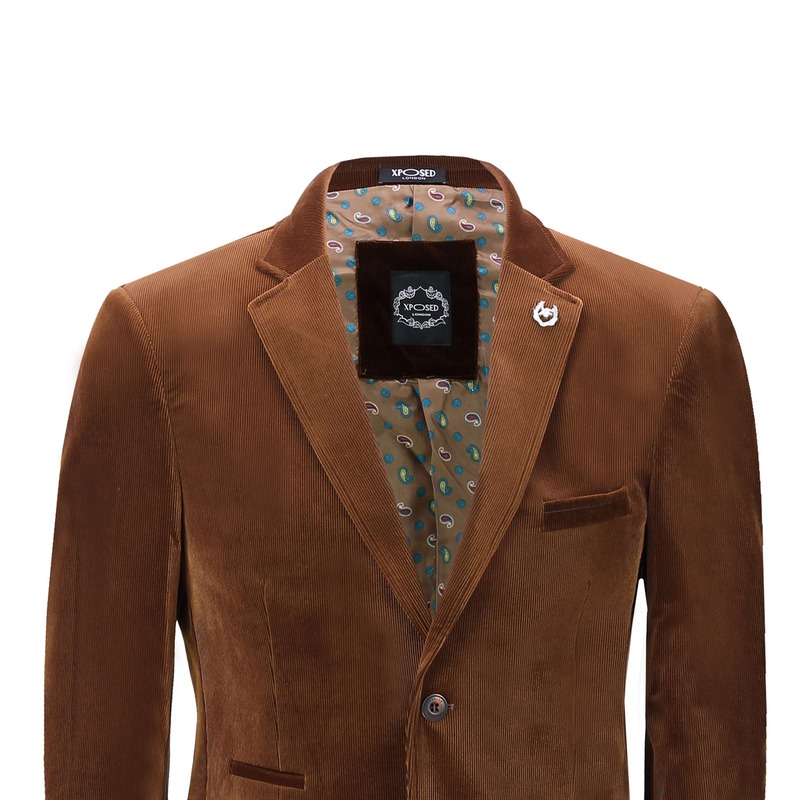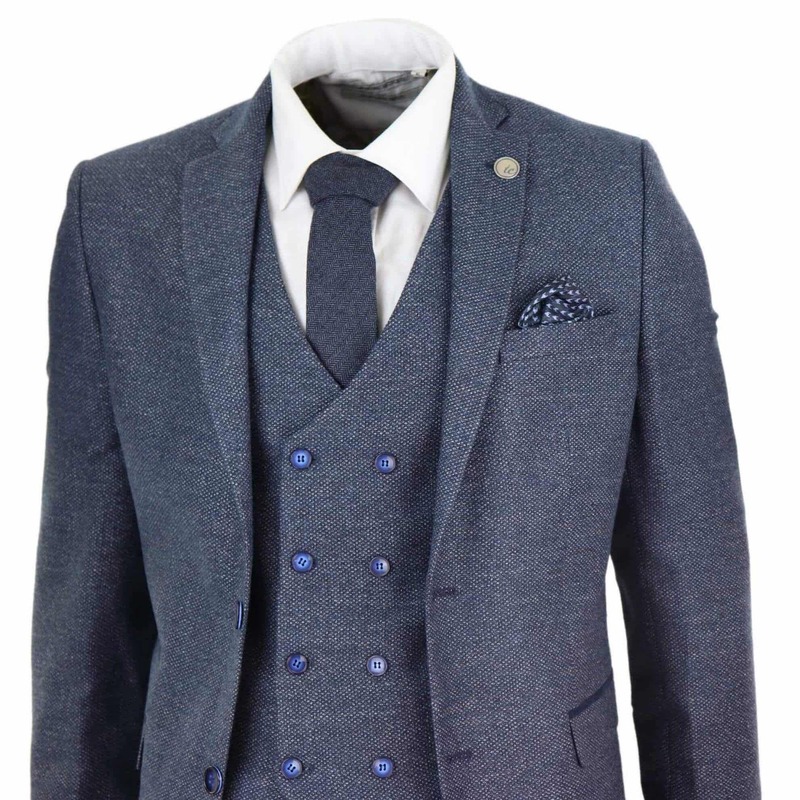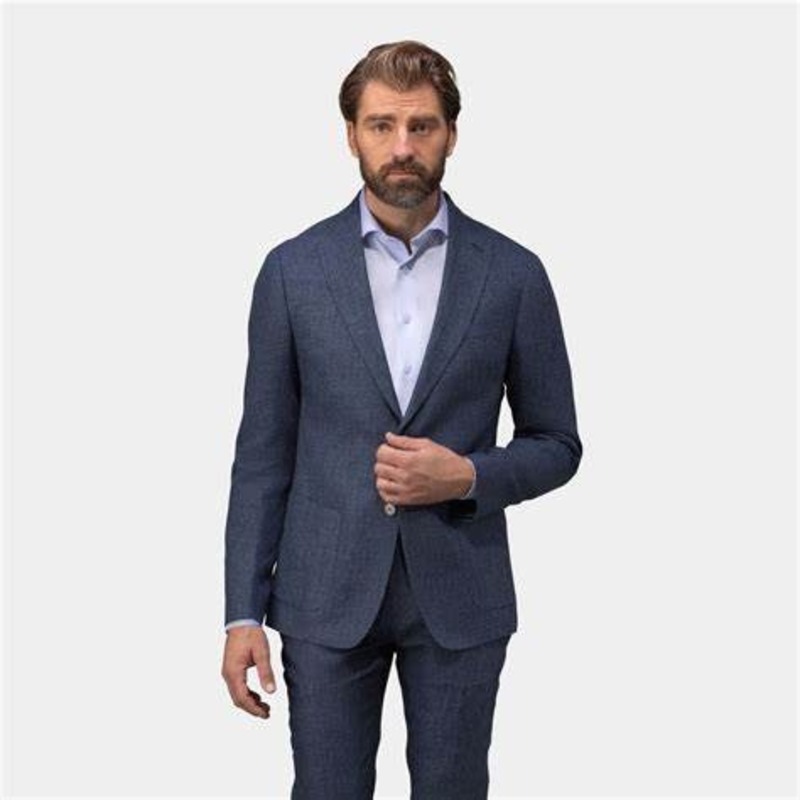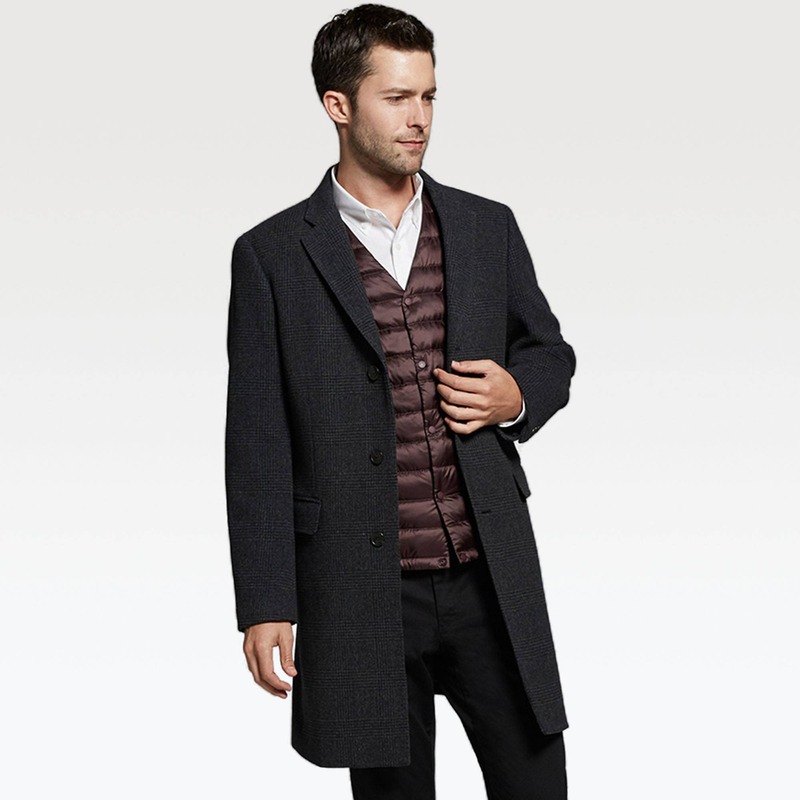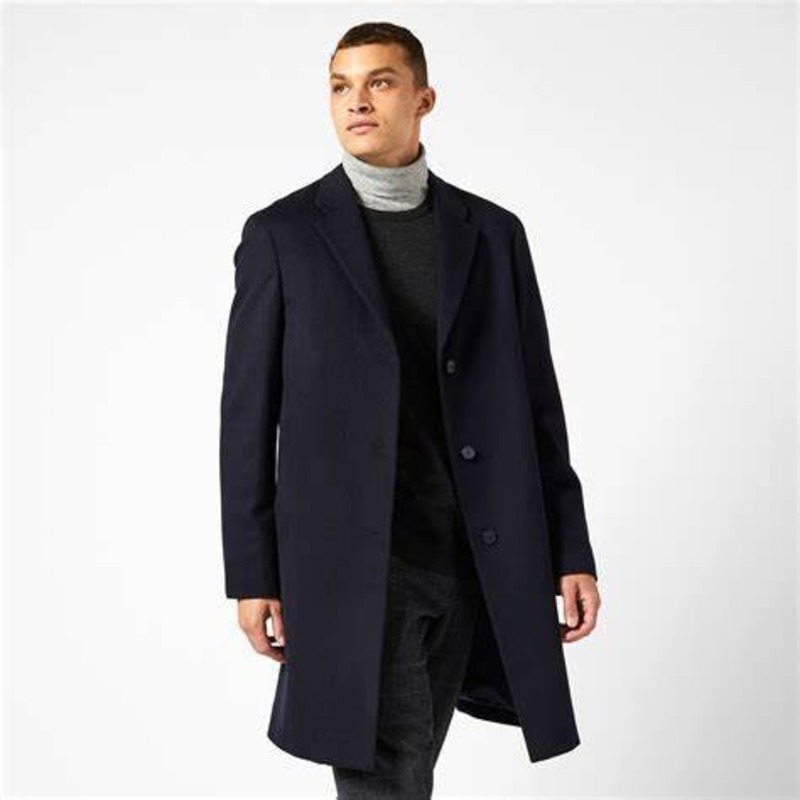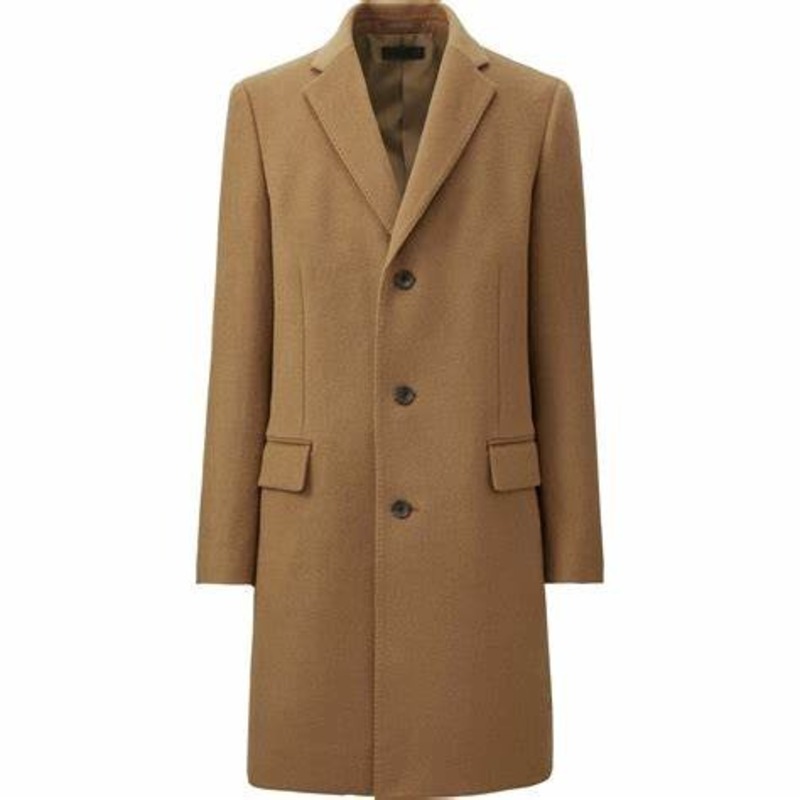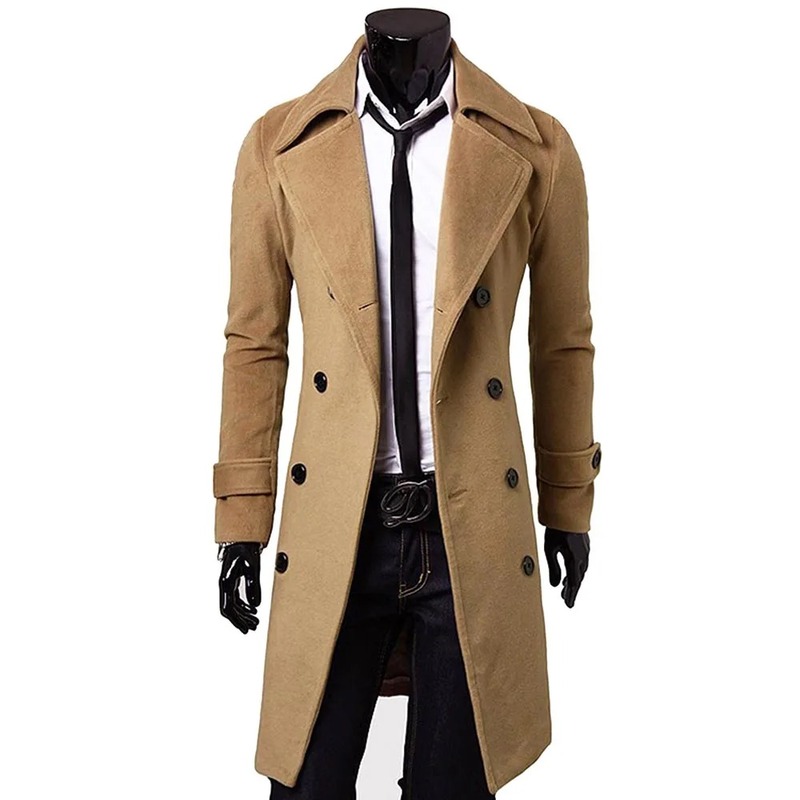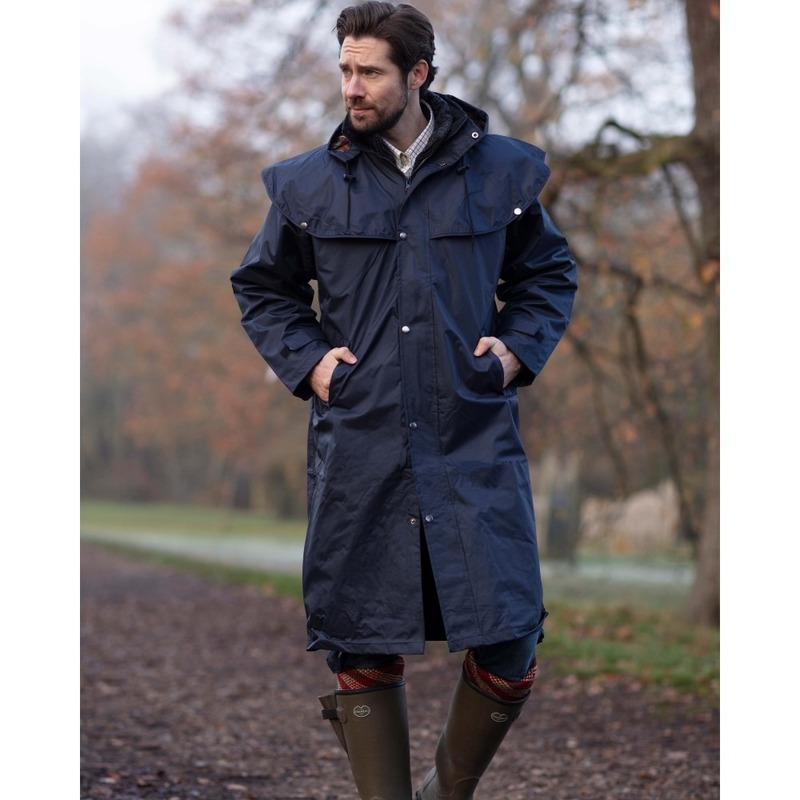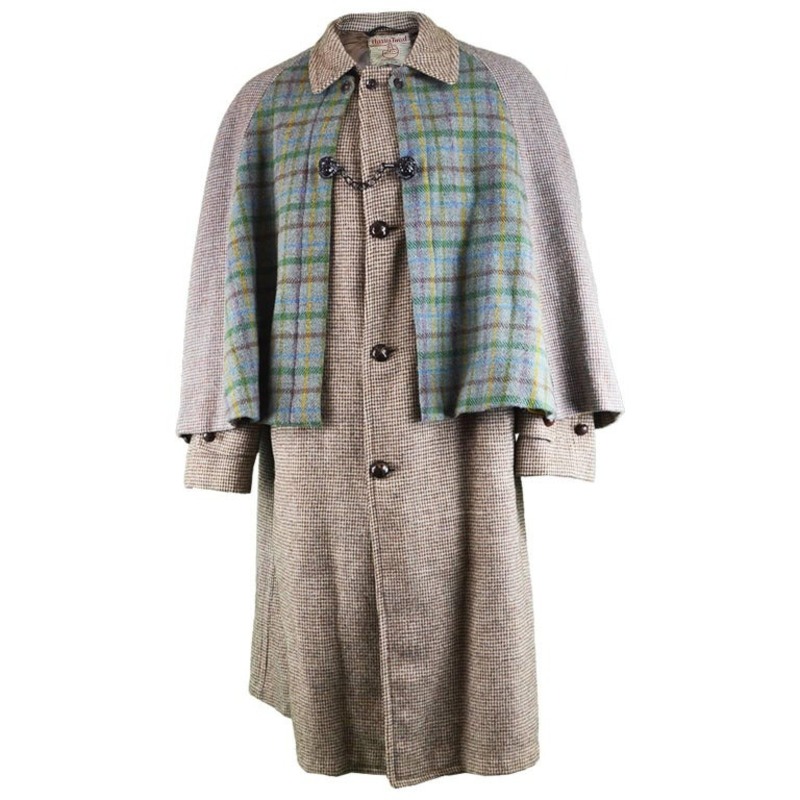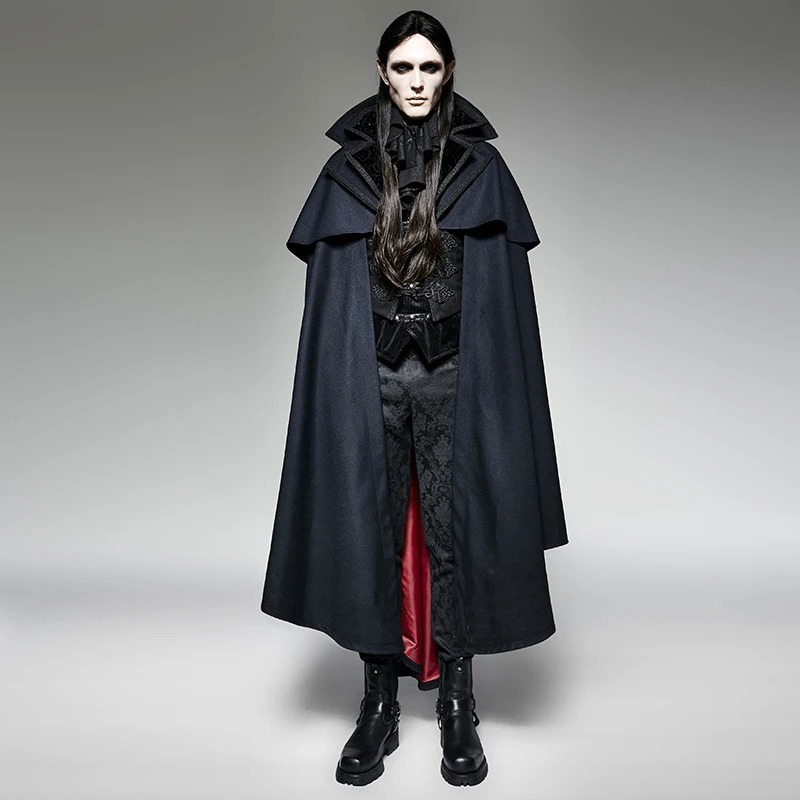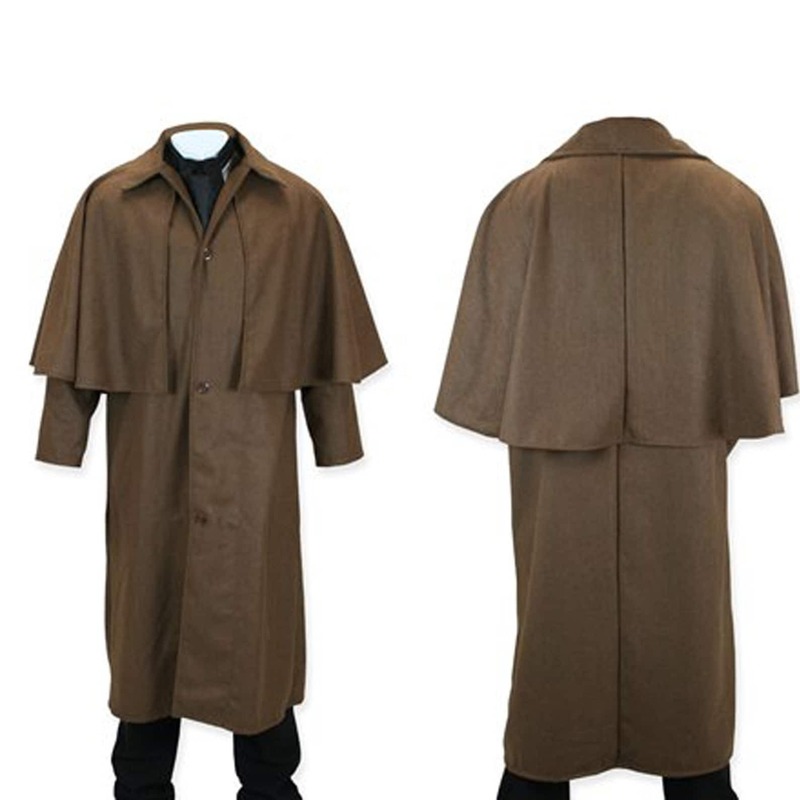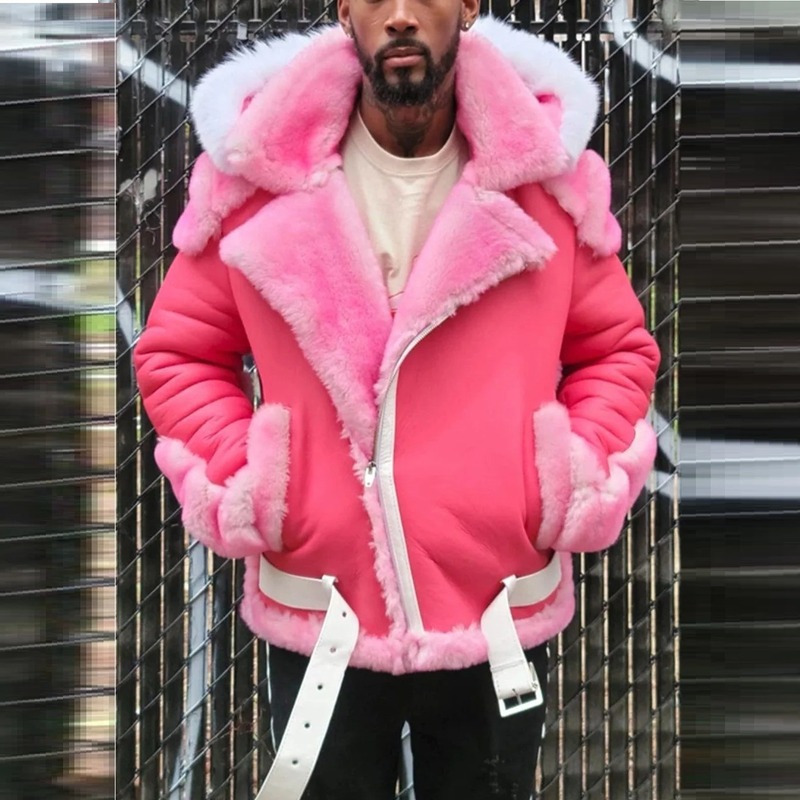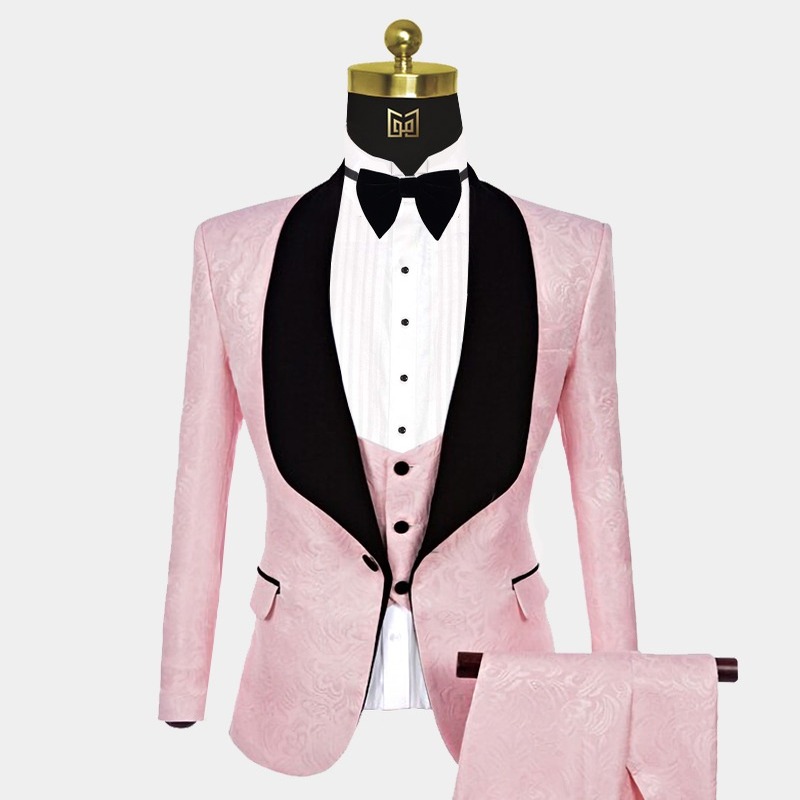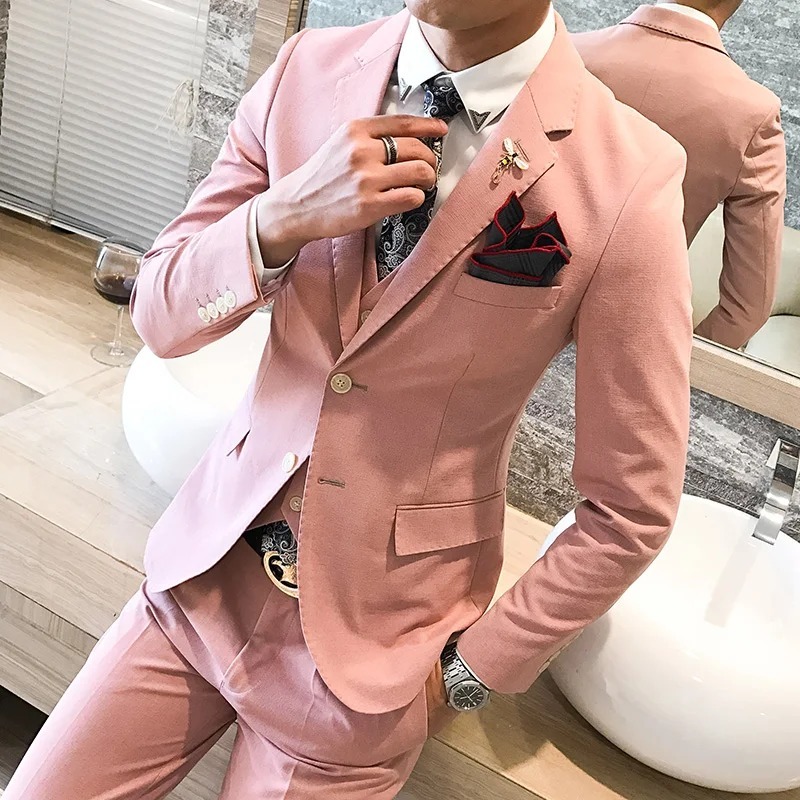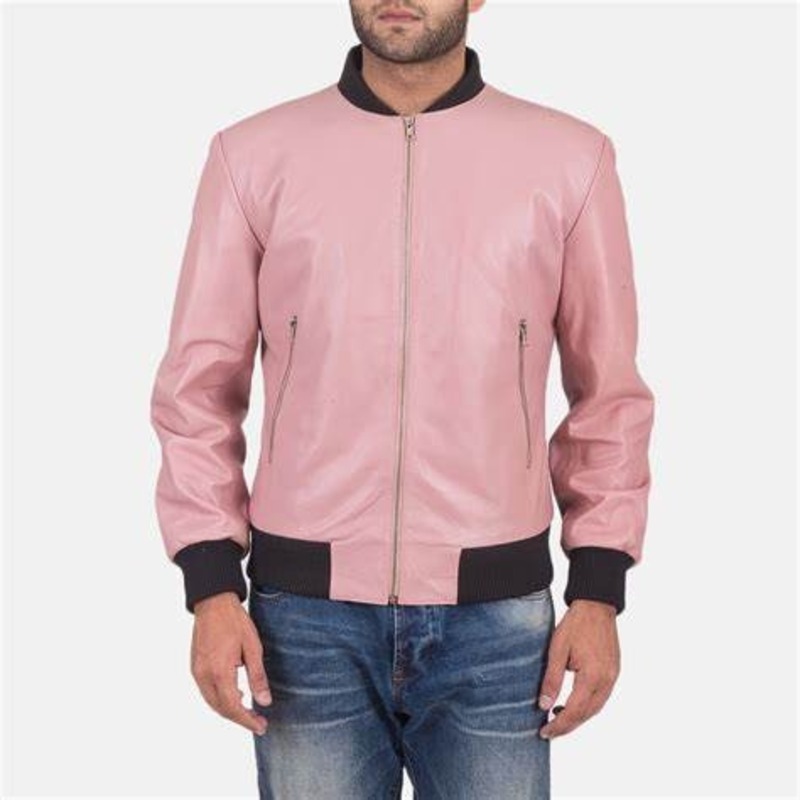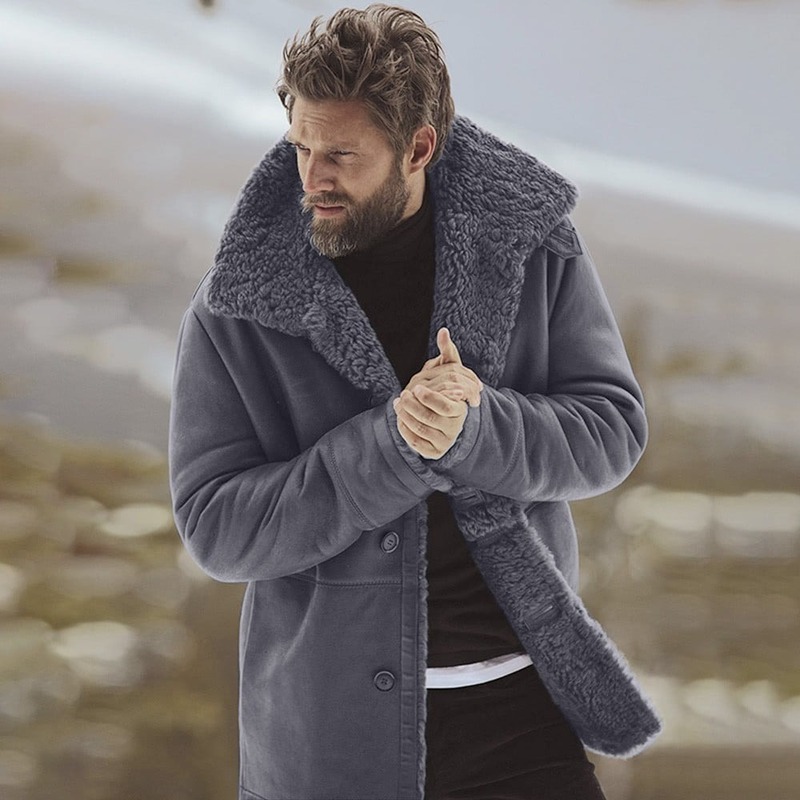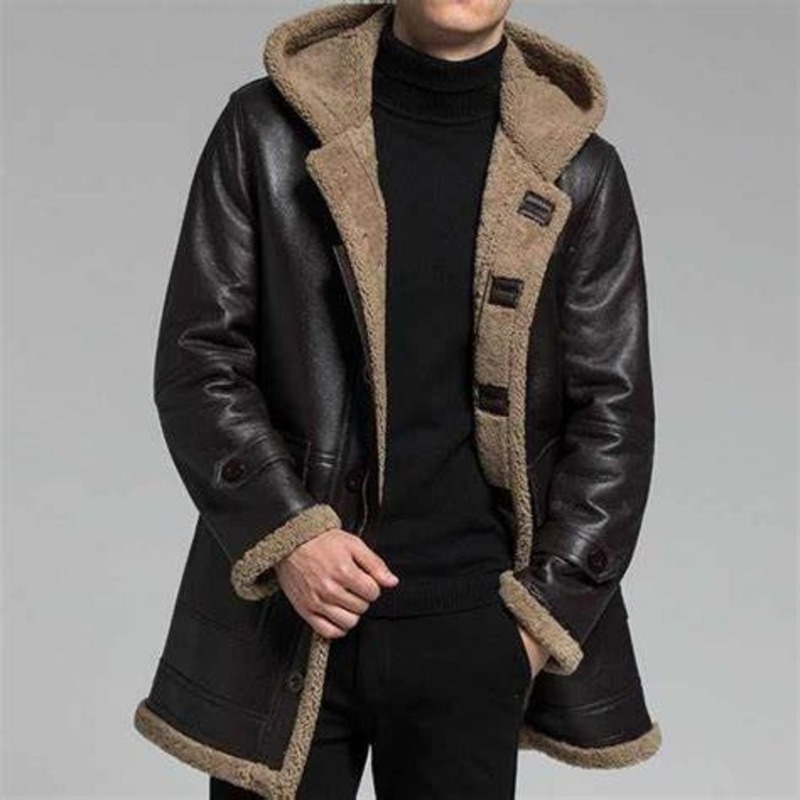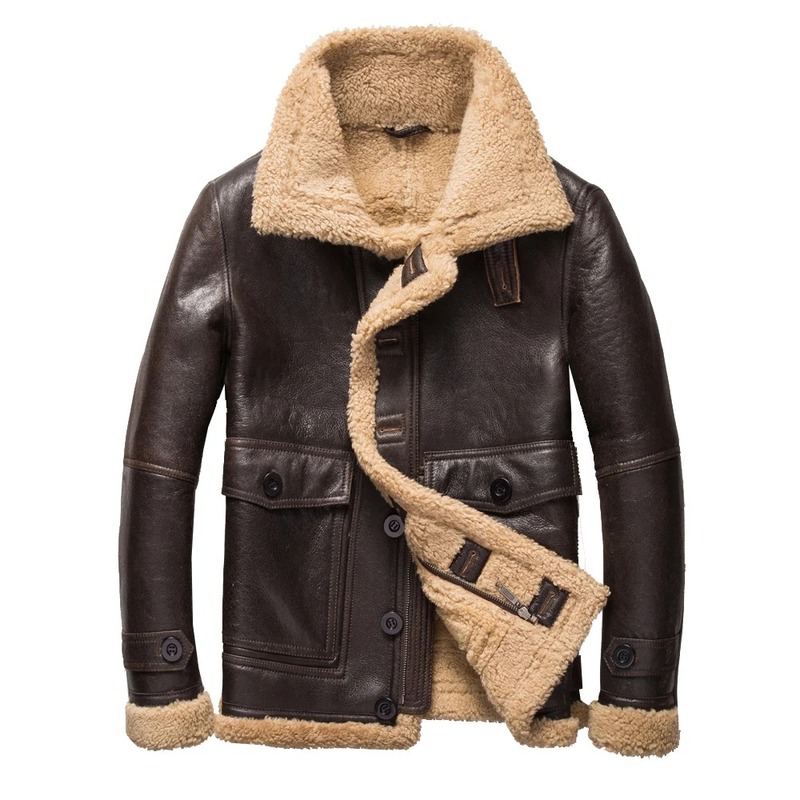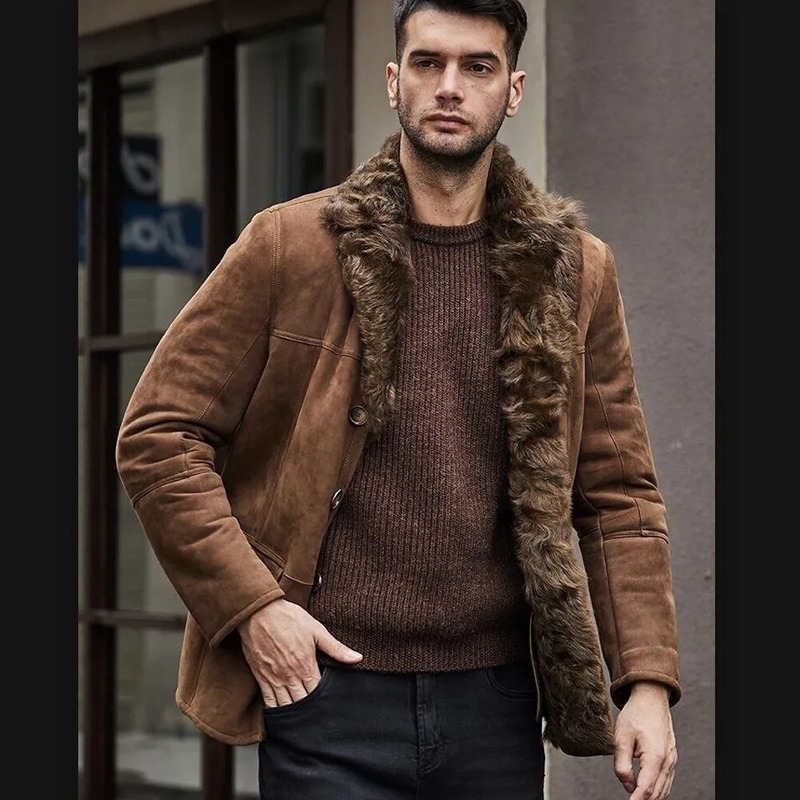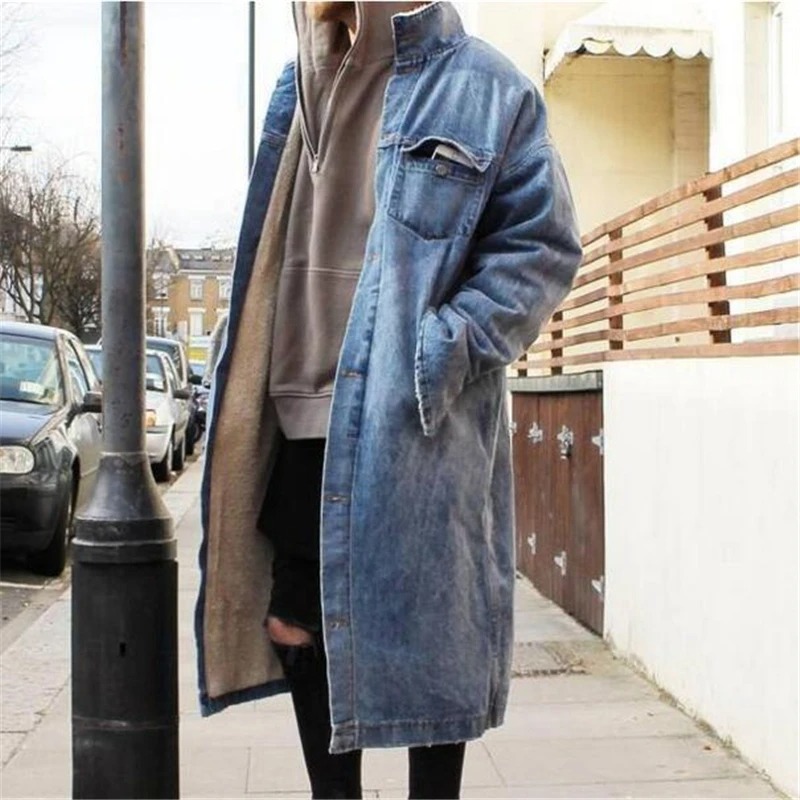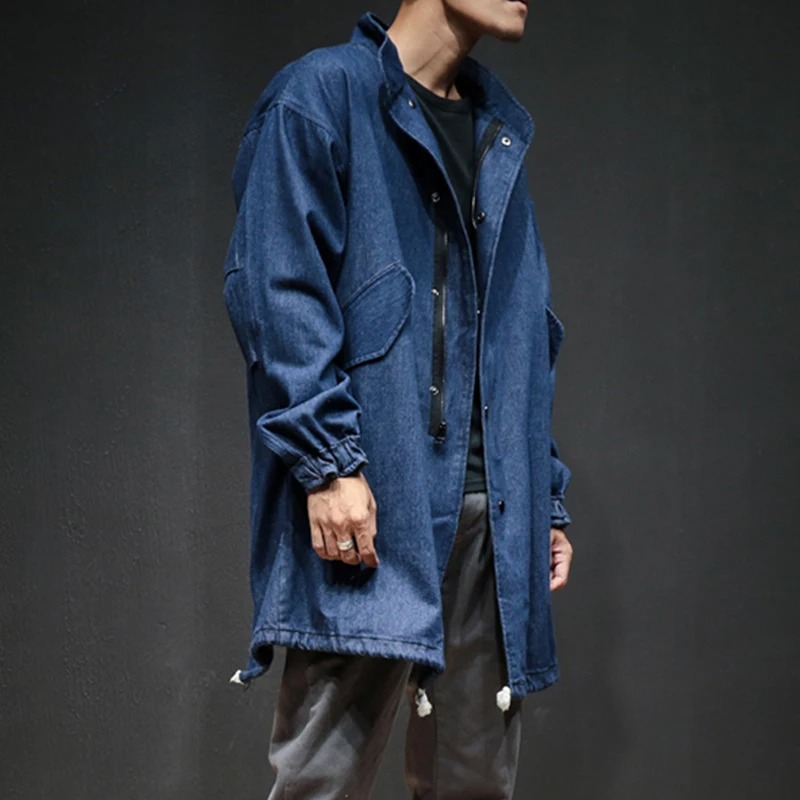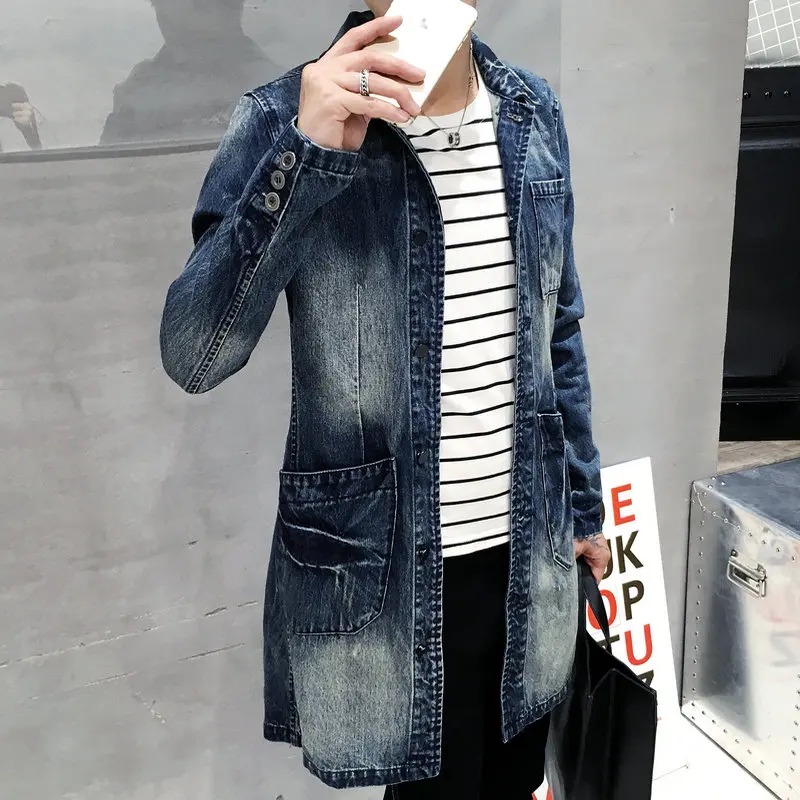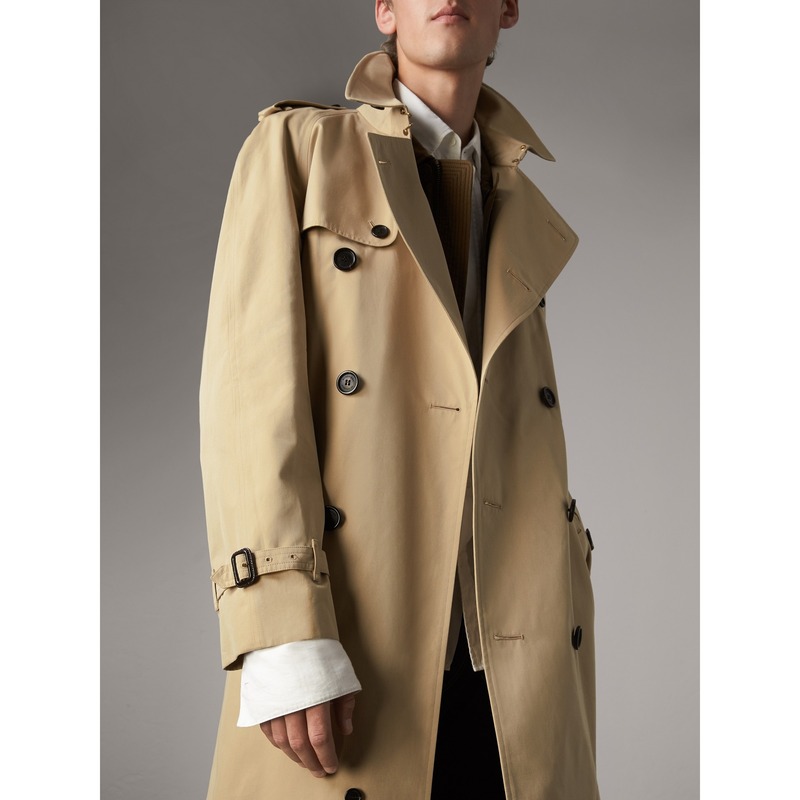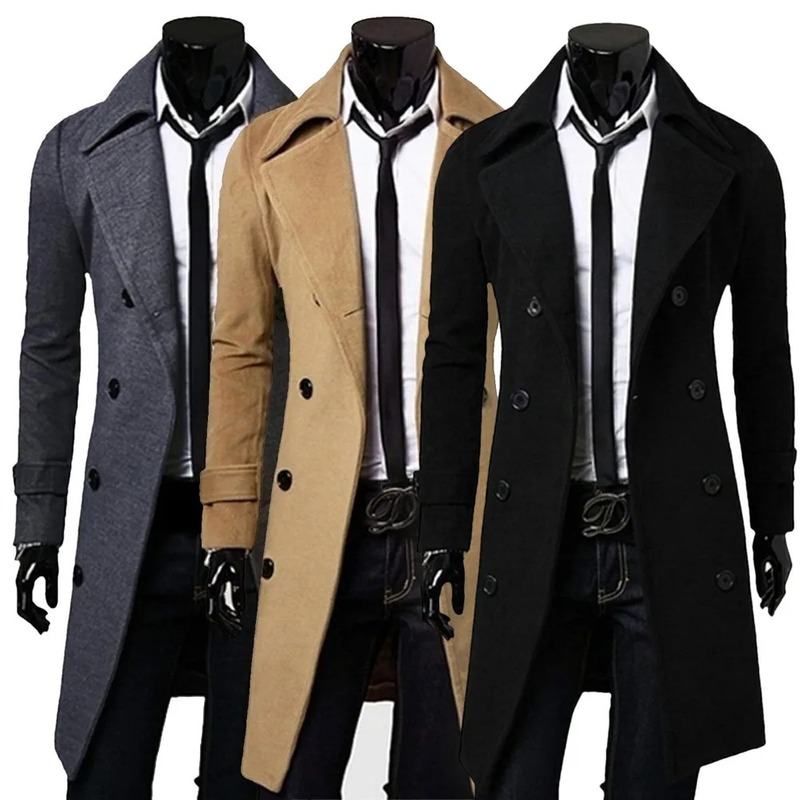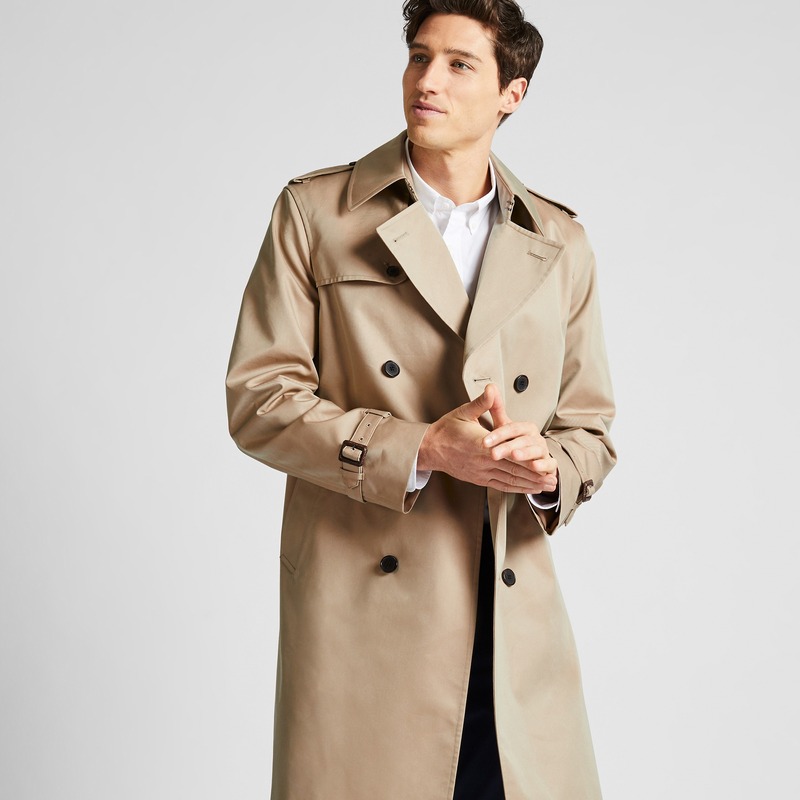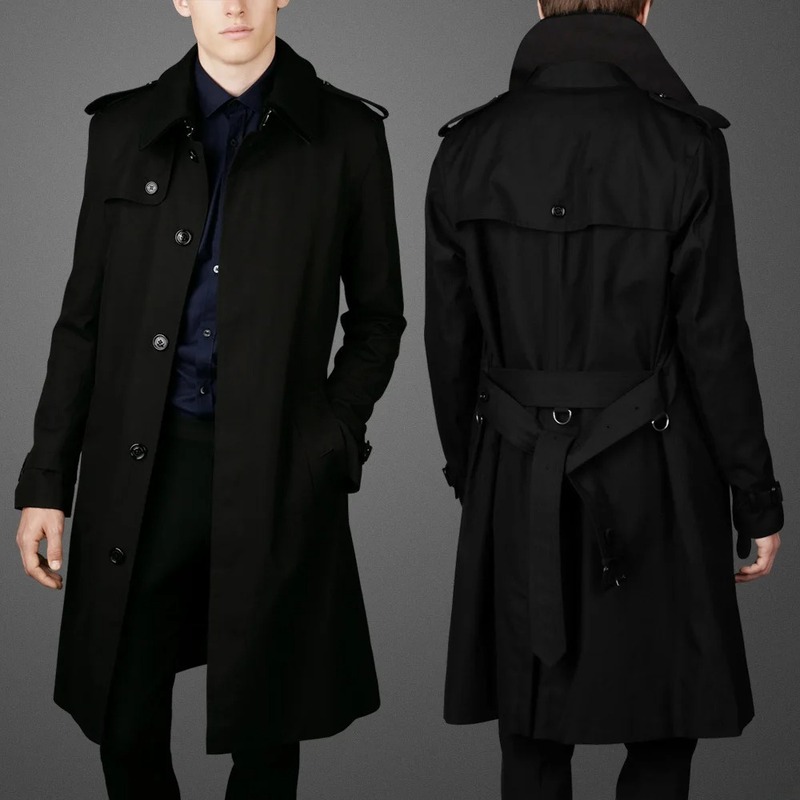
The Evolution of Mens Coat Fashion
Men’s coat fashion has seen a remarkable transformation over the years. From the classic trench coats of the early 20th century to the versatile bomber jackets of the 90s, men’s outerwear has constantly evolved to blend function with style. In the 2020s, we’re witnessing another shift that intertwines practicality with modern aesthetics.
In recent years, the move towards slimmer fits and minimalist designs marked a significant change. The bulky parkas and puffers of the early 2000s gave way to tailored overcoats that offer both warmth and a sleek silhouette. As we approach 2025, mens coat styles continue to adapt, influenced by streetwear trends, global fashion scenes, and cultural shifts.
Designers are now experimenting with a mix of classic and contemporary elements. They’re reinventing traditional patterns and cuts, introducing new textiles, and embracing unconventional colors. The modern men’s coat is no longer just a garment for protection against the cold; it is a statement piece, a reflection of one’s personality and style.
Furthermore, the influence of technology and sustainability is palpable in the evolution of men’s coat fashion. Smart fabrics that regulate temperature and eco-friendly materials are becoming commonplace, offering men’s coats that are not only fashionable but also functional and responsible. As we navigate through the mid-2020s, it’s clear that the world of mens outerwear is poised for an exciting and innovative era that prioritizes versatility, comfort, and individual expression.
Key Coat Styles for Men in 2025
As we move through the 2020s, certain key styles are setting the trend for men’s coats in 2025. These styles are not just about making a fashion statement but also about functionality and personal expression. Let’s dive into the coat styles that are shaping the future of menswear.
The Tailored Overcoat
The tailored overcoat remains a staple. It’s sleek, timeless, and versatile. In 2025, expect to see overcoats with streamlined designs and subtle details. Men are pairing these with both casual and formal attire, making them a top pick for versatility.
The Reinvented Trench Coat
A classic with a twist. The trench coat is getting a modern makeover with new fabrics and updated silhouettes. Designers are playing with lengths and materials to keep this iconic style fresh and relevant.
The Puffer Jacket
Once bulky and overwhelming, the puffer jacket is now more refined. Slimmer fits and high-tech insulation make this coat style practical without sacrificing fashion. Bold colors are also making these jackets stand out in the winter fashion lineup.
The Technical Parka
High-function meets high-fashion with the technical parka. Waterproof materials, hidden pockets, and built-in tech are some features that define this coat type. It’s all about marrying utility with clean lines for the modern man.
The Bomber Jacket
The bomber jacket keeps getting reinvented. Latest versions feature lightweight materials and can be layered to suit various climates. Its military heritage makes it a cool addition to any wardrobe.
The Smart Coat
In 2025, smart coats are integrating technology for improved comfort and convenience. Expect coats that can connect with devices and even adapt to changing weather conditions.
These evolving men’s coat styles reflect a wider trend towards garments that combine aesthetics with practicality. Men are looking for coats that not only look good but also cater to a dynamic lifestyle and changing environmental conditions. Keep an eye on these key styles as they pave the way for innovation and sophistication in mens coat fashion.
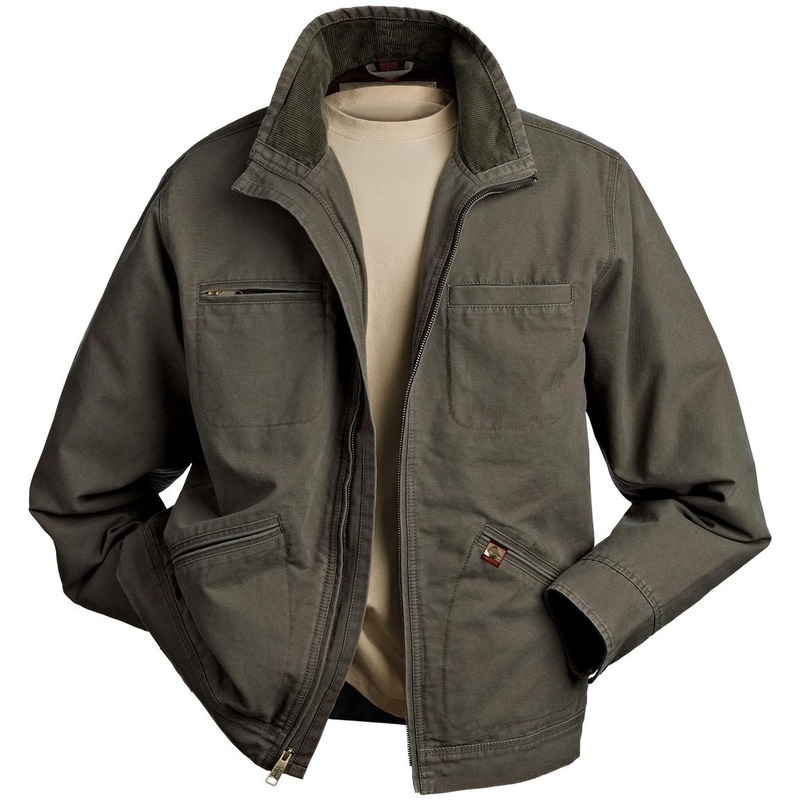
Material Innovations in Mens Outerwear
The landscape of men’s coat materials is rapidly changing. Innovation lies at the core of modern menswear, with new fabrics leading the charge into 2025. The forward-thinking man seeks coats that offer more than just warmth. Functionality, sustainability, and style drive material choices.
Eco-Friendly Fabrics
Eco-friendly fabrics are not a trend but a necessity. In 2025, we are seeing an increase in outerwear made from recycled plastics and organic fibers. These materials reduce environmental impact without compromising on style or comfort.
High-Performance Textiles
Coats are no longer just barriers against the cold. High-performance textiles now feature weather resistance, breathability, and even self-healing properties. Men are opting for coats that withstand diverse weather conditions and daily wear.
Smart Insulation
Insulation is smarter with space-age aerogel and advanced synthetics. These insulators are thin, warm, and lightweight. They give men’s coat a slim profile while delivering exceptional warmth.
Adaptive Materials
Responsive materials that change with the climate are taking center stage. Phase change materials adjust with body and external temperatures, ensuring comfort in any situation.
Recycled & Upcycled Elements
Recycling isn’t just for bins anymore. Coats with recycled and upcycled elements are popular for their eco-conscious appeal. This approach applies to both the fabric and the decorative details of coats.
Material innovation in mens outerwear reflects the demand for multifunctional and sustainable fashion. These advancements in fabric technology are essential for the coat trends of 2025, aligning with the broader goals of efficiency, responsibility, and performance.
Color Palettes Dominating 2025 Men’s Coat
As we delve into 2025, the color palettes for men’s coat are shifting towards bold and expressive hues. Gone are the days of sticking to neutrals alone; today’s fashion-forward man is embracing coats in vibrant colors that make a statement. Nonetheless, classic shades still have their place in the wardrobe for their versatility and timeless appeal.
The Rise of Earth Tones
Earth tones are making a strong comeback, harmonizing with the trend of sustainability in fashion. Expect to see coats in rich browns, warm tans, and lush greens. These colors not only reflect a connection to nature but also offer a sophisticated palette that pairs well with a variety of outfits.
Vibrant Pops of Color
Bright blues, fiery reds, and electric yellows are peppering the mens coat scene. These pops of color add a dynamic edge to any ensemble and mirror the confidence of modern men. Incorporating such shades into outerwear allows individuals to stand out, even in the gloomiest weather.
Pastel Hues
Subtly is key with the rise of pastels in men’s outerwear. Soft lavenders, light pinks, and pale blues provide a fresh twist and allow for playful yet refined styling. Coats in pastel shades work well for transitioning between seasons and add a touch of elegance to casual wear.
Monochromatic Elegance
Black and white remain staples for their sharp contrast and clean lines. Coats in these colors exude a monochromatic elegance that is both timeless and modern. They serve as a perfect canvas for showcasing texture and form, without the distraction of color.
The colors dominating the world of mens coats in 2025 are diverse, ranging from the understated to the bold. Whether opting for earthy sophistication, vibrant statements, gentle pastels, or stark monochromatics, there’s a color trend to match every personality and occasion. Watch as these palettes shape the future of men’s fashion, allowing for self-expression and pushing the boundaries of traditional menswear.
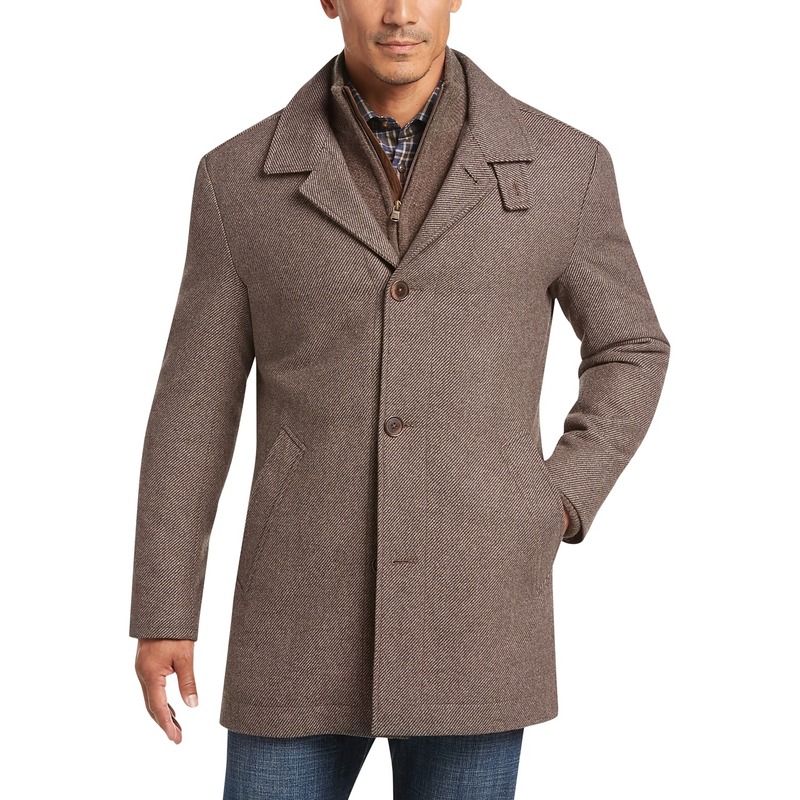
Technology Integration in Menswear
The integration of technology into men’s coat is not just futuristic—it’s happening now. In 2025, menswear is marrying comfort, convenience, and innovation thanks to tech advancements.
Smart Fabrics and Connectivity
Smart fabrics are at the forefront, with materials that connect to smartphones and other devices. Imagine adjusting your coat’s temperature with a simple tap on your screen. These fabrics also monitor health stats, perfect for the health-conscious man.
Energy-Harnessing Technologies
Coats are becoming power sources. Technologies embedded in fabrics can now harness kinetic energy from movement or solar power to charge devices on the go—a game-changer for men who are always connected.
LED Lights and Reflective Elements
Safety meets style with LED lights and reflective elements. Coats with these features improve visibility at night, making them practical for cyclists or pedestrians. They add a unique style element as well.
Integrated Wearable Tech
Wearable tech isn’t just for wrists anymore. Coats with built-in tech, like GPS navigation or music control, are redefining convenience. These features are seamlessly integrated, maintaining the coat’s style while enhancing its utility.
Technology in menswear is revolutionizing how we think about coats. It’s no longer only about protection or style; it’s about active interaction with tech-rich environments. Men’s coats in 2025 are, therefore, not just clothing pieces but wearable tools that cater to the demands of modern life.
Sustainable and Eco-Friendly men’s coat
The demand for sustainable and eco-friendly coats is shaping men’s coat trends in 2025.
Emphasis on Sustainability
Men are seeking coats made with sustainable practices in mind. Recycled materials, organic cotton, and renewable fibers are among the favorites.
Eco-Friendly Manufacturing
Brands are focusing on reducing carbon footprints. They use clean energy and limit waste during coat production.
Recycling and Upcycling Trend
Recycling is now chic. Coats made from upcycled fabrics are in demand for their uniqueness and environmental benefits.
Natural Dyes and Finishing
To reduce chemical use, natural dyes and eco-friendly finishes are gaining popularity. They offer beautiful colors with less harm to the planet.
Durability and Timelessness
Durable, timeless designs mean fewer replacements. Men prefer quality over quantity, contributing to a more sustainable fashion cycle.
Certifications and Transparence
Trust is built on certifications. Coats with eco-labels or from transparent brands are trusted for their eco-friendly claims.
Sustainable and eco-friendly mens coats are not trends but necessities for 2025. They offer a blend of style, responsibility, and innovation, reinforcing the message that fashion can be both attractive and conscientious.
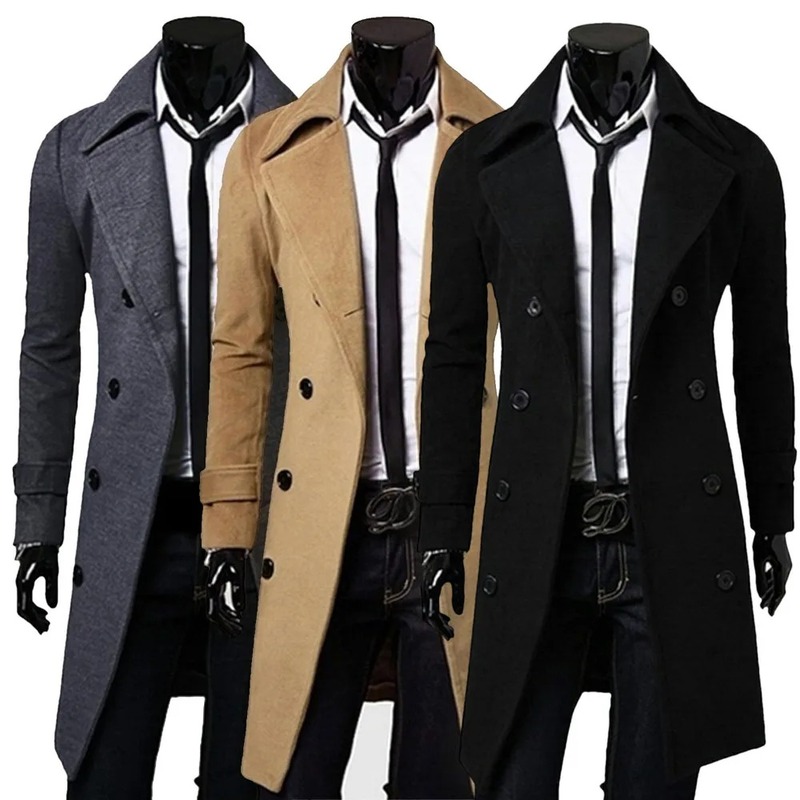
Essential Features of Modern Men’s Coat
Modern men’s coats are designed with a blend of style and practical features. Let’s highlight the essential characteristics that define the modern coat.
Versatility
Versatility is key. Whether it’s a day at the office or a casual weekend outing, modern coats need to suit various occasions.
Lightweight yet Warm
Men’s coats in 2025 are surprisingly light but provide ample warmth. Advanced insulation materials make this possible.
Water and Wind Resistance
Protection against the elements is non-negotiable. Today’s coats often offer water and wind resistance features.
Breathability
Even when bundled up, staying comfortable is crucial. Modern materials allow skin to breathe, avoiding overheating.
Pockets with Purpose
More than just storage, pockets are strategic. Expect to find hidden compartments and secure zippers for valuables.
Adjustable Fittings
Customizable fits are in. Look for drawstrings, adjustable cuffs, and other features that personalize fit.
Easy Maintenance
Men’s coats now are easier to care for. Many are machine washable and resist wrinkles.
Stylish Details
Even with all the practical features, style isn’t overlooked. Subtle design elements keep modern coats at the fashion forefront.
Sustainable Practices
From sourcing to production, sustainability is considered. Eco-friendly coats are becoming the norm, not the exception.
These features are shaping the appeal of men’s coats in 2025. Men are choosing coats that aren’t just about looking good; they’re an investment in comfort, convenience, and sustainability.
How to Style the Latest Coat Trends
As men’s coat fashion continues to evolve, it’s not just about what you wear but how you wear it. Styling is crucial for pulling off the latest trends effortlessly. Here’s how to stay ahead of the game with the coat trends of 2025.
Pair with Confidence
Mix and match textures and patterns boldly. Pair a vibrant puffer with classic denims. Confidence is key.
Layer Smartly
Layers add depth and functionality. Combine a light bomber with a chunky scarf or sweater for adaptability.
Accessorize Wisely
The right accessories elevate any look. Opt for minimalist watches and sleek bags with tailored overcoats for a polished vibe.
Embrace Versatility
Your tailored overcoat works double duty. Dress it up with slacks for work, or keep it casual with sneakers.
Highlight with Color
Use coats as statement pieces. A bright trench can be the centerpiece of an otherwise subdued outfit.
Go for Classics
Classics are timeless for a reason. Style a smart coat with well-fitted trousers and a crisp shirt for instant sharpness.
Modernize Traditional
Reinvent traditional looks. Wear a reinvented trench with modern cuts for a fresh approach to classic style.
Balance Function and Fashion
Tech parkas can be trendsetters too. Match with tech accessories and sporty footwear for a cohesive, functional style.
Keep Sustainability Forefront
Eco-friendly doesn’t mean dull. Style sustainable coats with organic cotton tees and recycled fabric pants for a conscious, chic look.
Attention to Detail
Details matter. Cuff a sleeve, pop a collar, or fasten just the top button to set your style apart.
Remember, personal expression is integral to fashion. Use these tips to make the mens coat trends of 2025 work for you, creating looks that are both impactful and personal.




